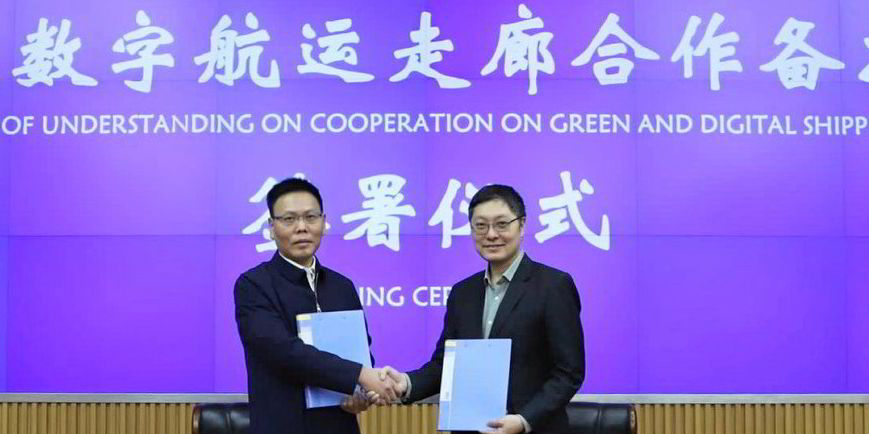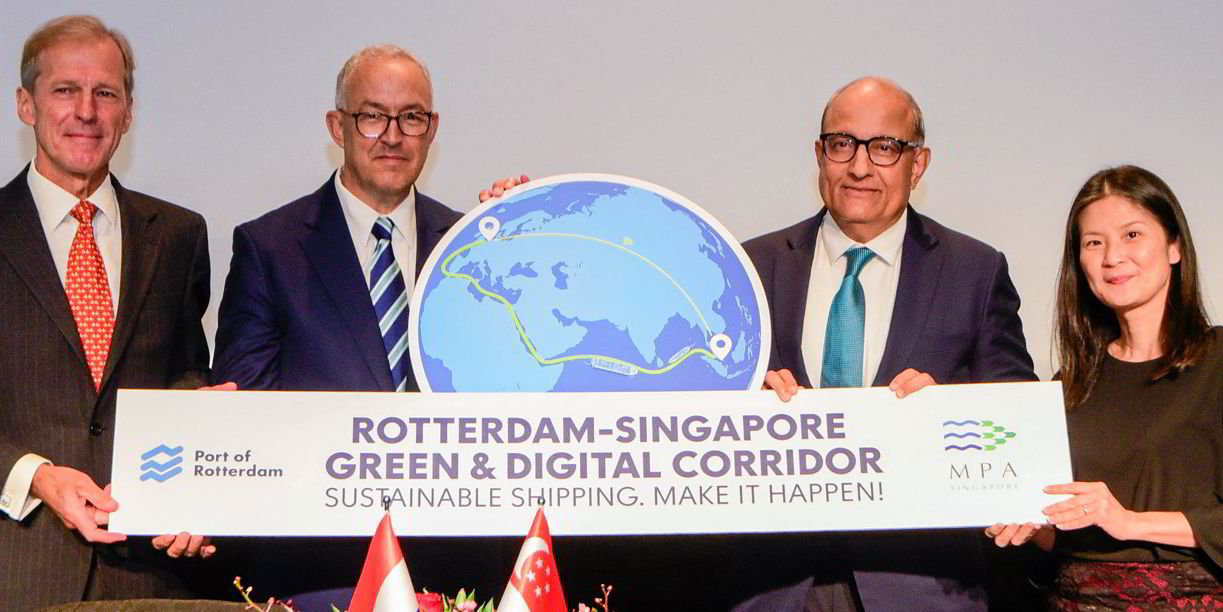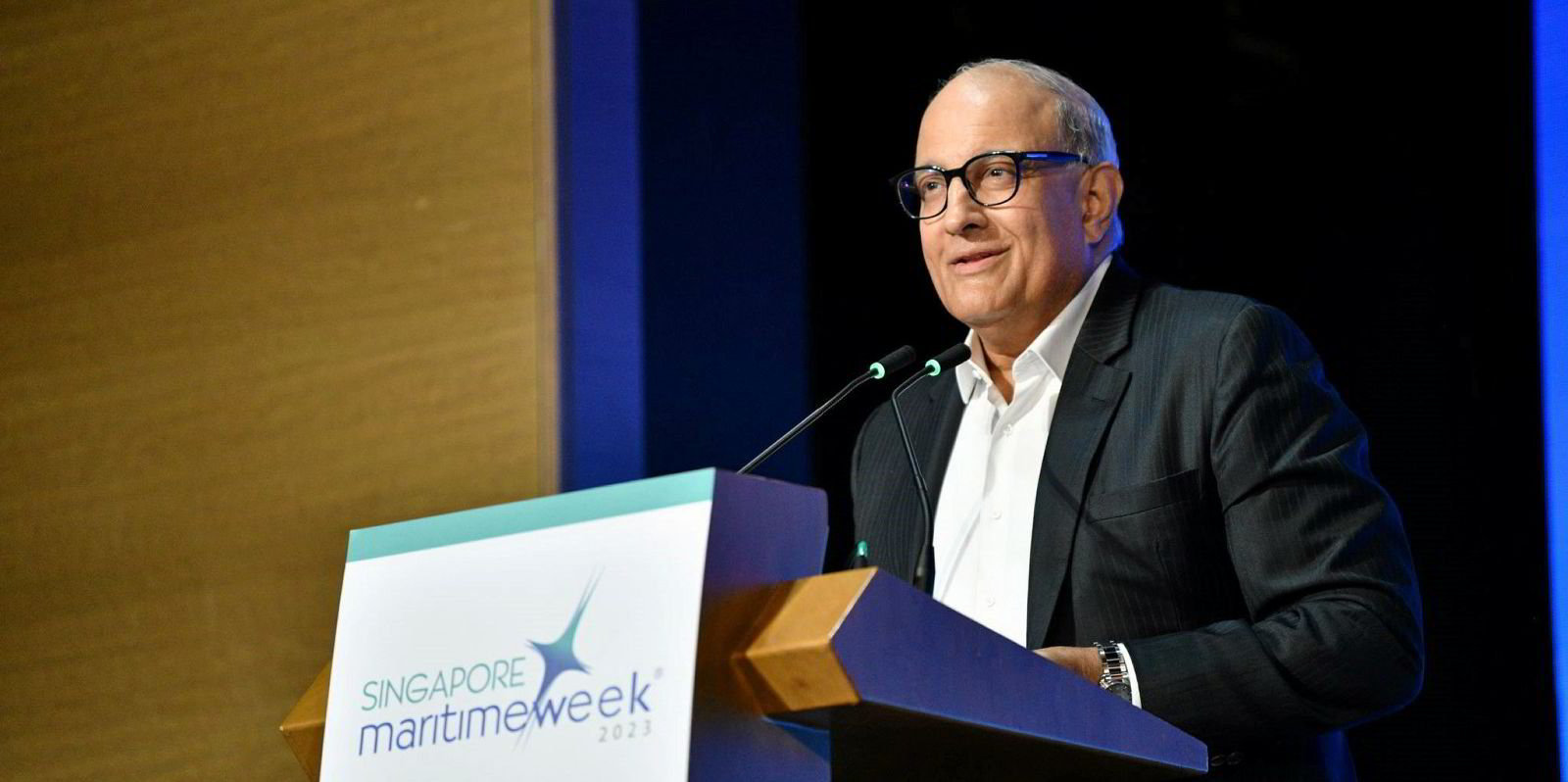Singapore is setting up another green and digital shipping corridor (GDSC), this time with Tianjin, the largest port in northern China.
The Maritime & Port Authority of Singapore (MPA) has signed a memorandum of understanding with the Tianjin Municipal Transportation Commission.
This is the first GDSC established between Singapore and China to support maritime decarbonisation, digitalisation and growth between Singapore and the Bohai Region, the MPA said.
“The corridor will serve as a valuable testbed for both countries to pilot and trial digital solutions, alternative fuels and technologies, and facilitate talent development to support the decarbonisation and digitalisation of shipping,” the maritime regulator said.
“Singapore and Tianjin will work with the research community, the institutes of higher learning and industry stakeholders such as shipping lines, port operators, shipbuilders, classification societies and bunker suppliers to enable more efficient port clearance through digital exchanges, encourage the offtake of zero or near-zero greenhouse gas emission fuels and adoption of new fuel technologies, spur innovation and support the growth of the maritime start-ups community, and facilitate manpower training and professional development.”
Singapore said it will explore similar collaborations with other Chinese maritime and port ecosystems.
Last week at COP28 in Dubai, Singapore unveiled a partnership strategy for a GDSC with the Port of Los Angeles and Port of Long Beach, following the signing of MoUs by the trio during Singapore Maritime Week last April.
The MoUs formalised the partnership to establish a GDSC connecting the three global hubs.
A study has been commissioned to analyse trade flows and vessel traffic between Singapore, Los Angeles and Long Beach.
The study will estimate the quantity of near-zero and zero-emission fuels required for this traffic and guide implementation by identifying opportunities for collaboration to advance the development of the corridor.
Singapore also has a GDSC under development with the Port of Rotterdam in what has been described as the world’s longest green corridor.
In late September, the two ports said they aim to reduce greenhouse gas emissions on the proposed corridor by an initial 20%-30% by 2030.





